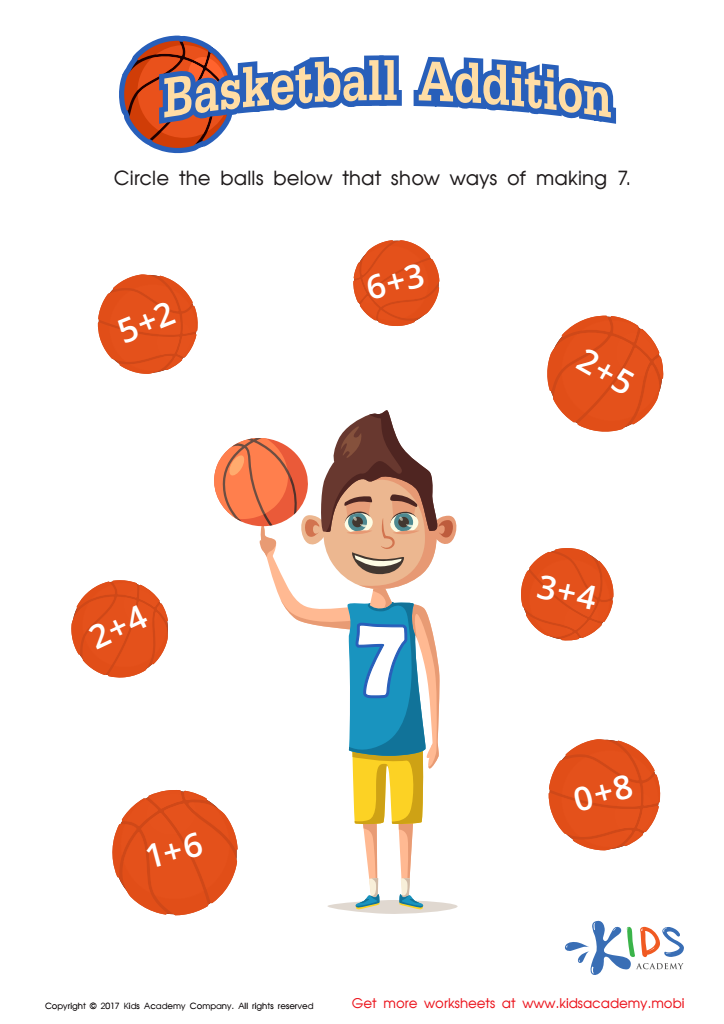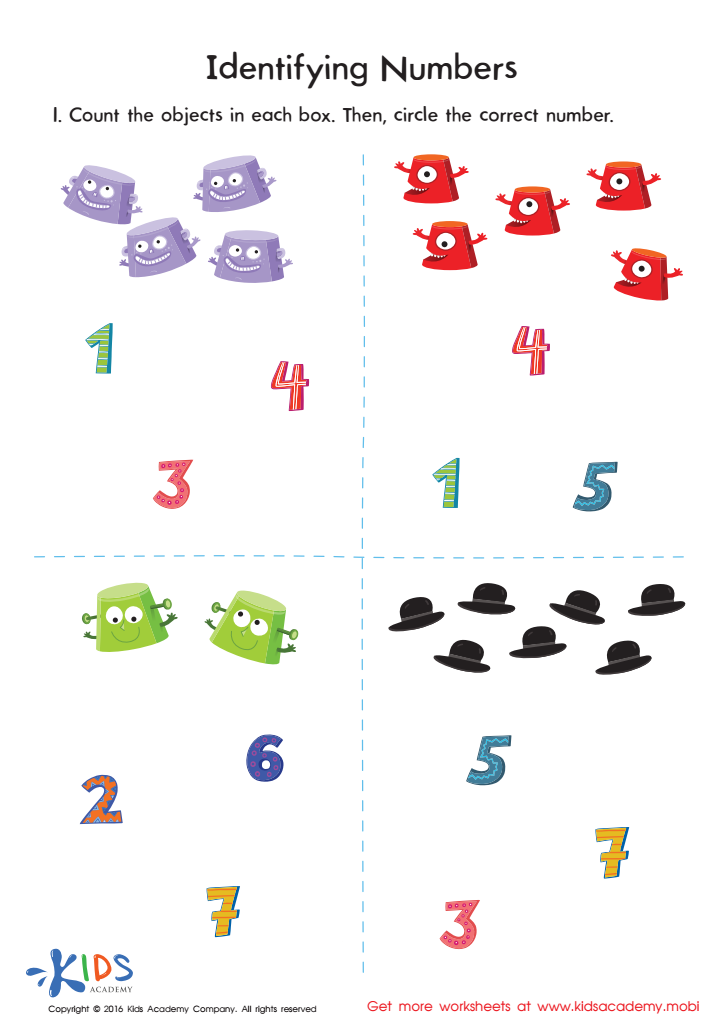Number Recognition Extra Challenge Worksheets for Ages 4-7
72 filtered results
-
From - To
Discover our "Number Recognition Extra Challenge Worksheets" specially designed for ages 4-7! These engaging and interactive worksheets will bolster your child's ability to identify and comprehend numbers, ensuring a strong mathematical foundation. Perfect for advanced learners seeking an extra challenge, our activities are thoughtfully crafted to make learning fun and effective. Each worksheet incorporates creative exercises such as tracing, matching, and counting that stimulate young minds while reinforcing critical number recognition skills. Give your child the advantage they need with our expertly developed resources, available now on Kids Academy and turn number learning into an exciting adventure!
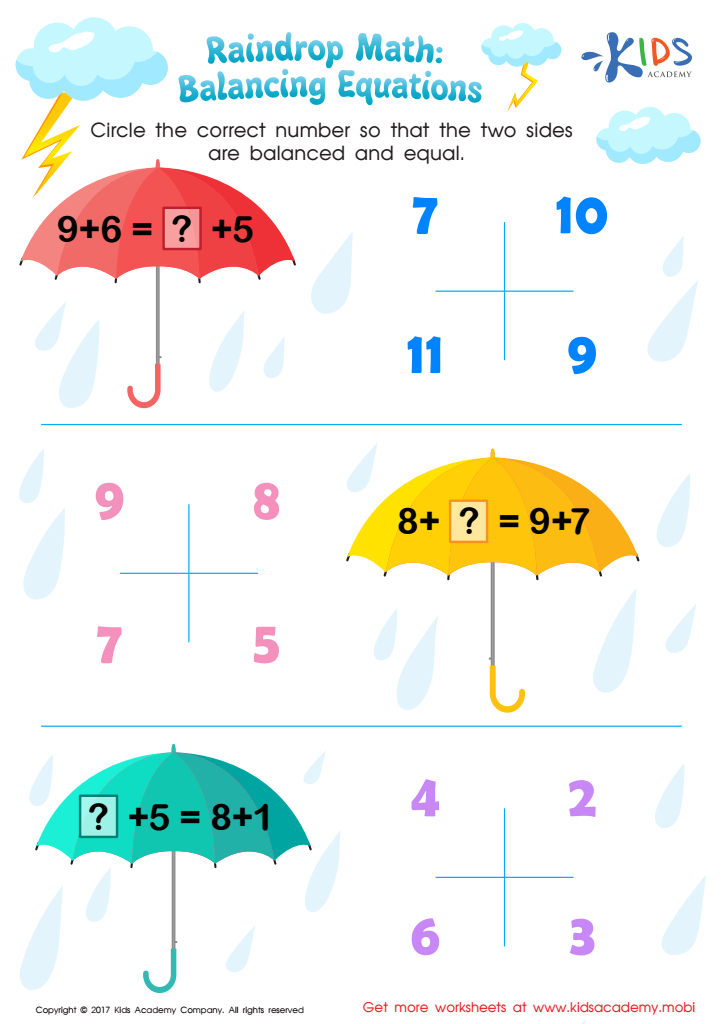

Raindrop Math Printable
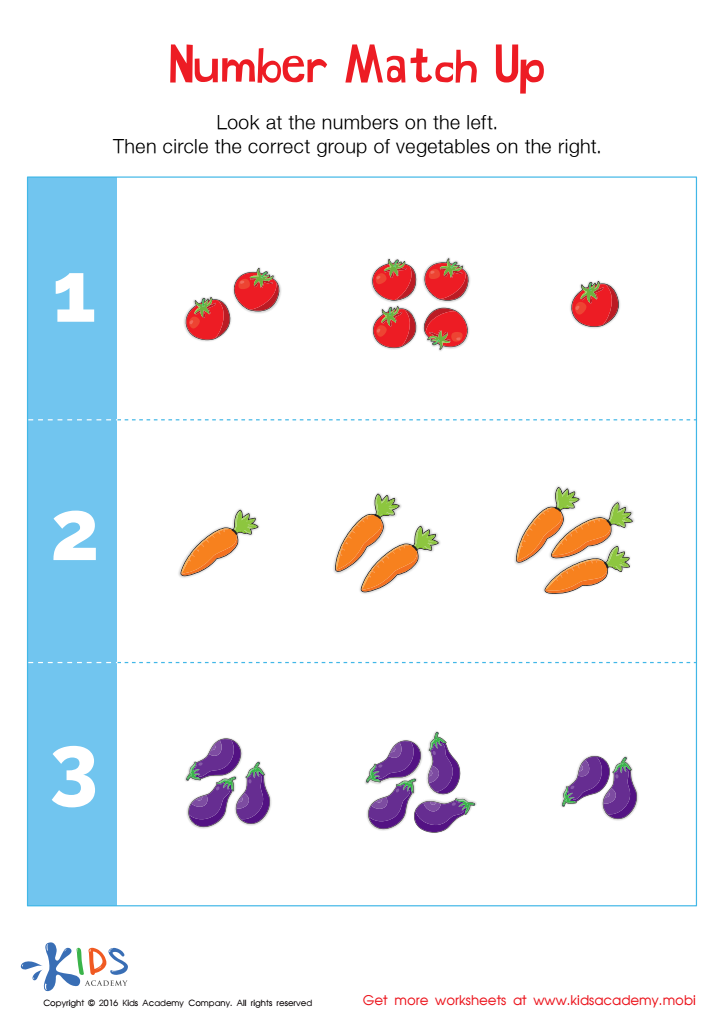

Number Match Up Worksheet
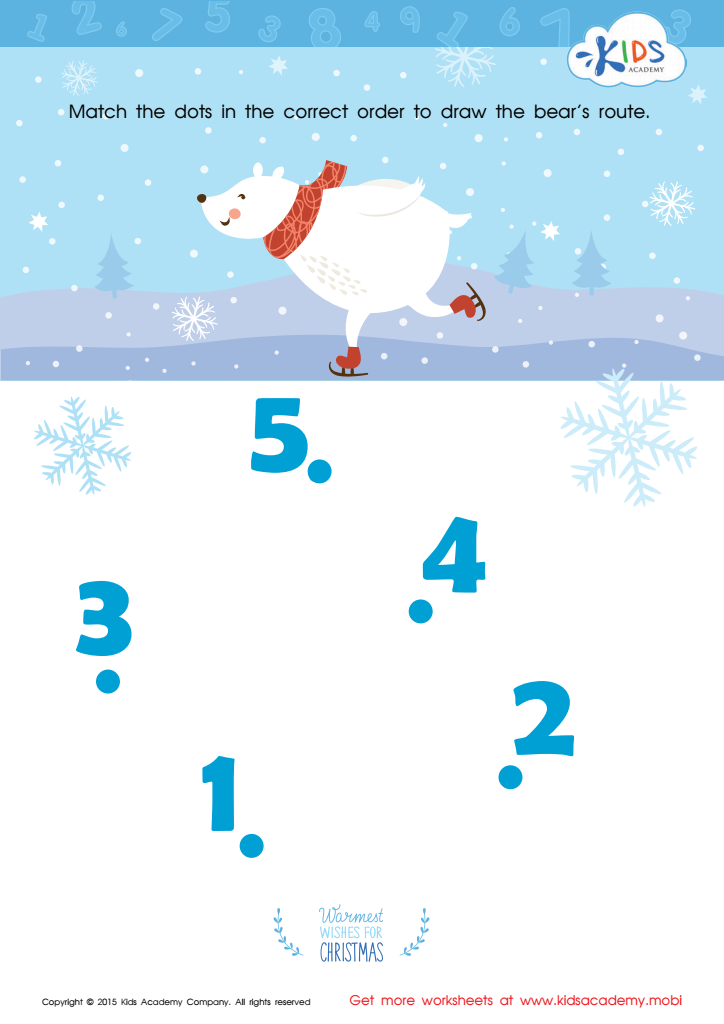

Drawing the Bear's Route by Number Worksheet
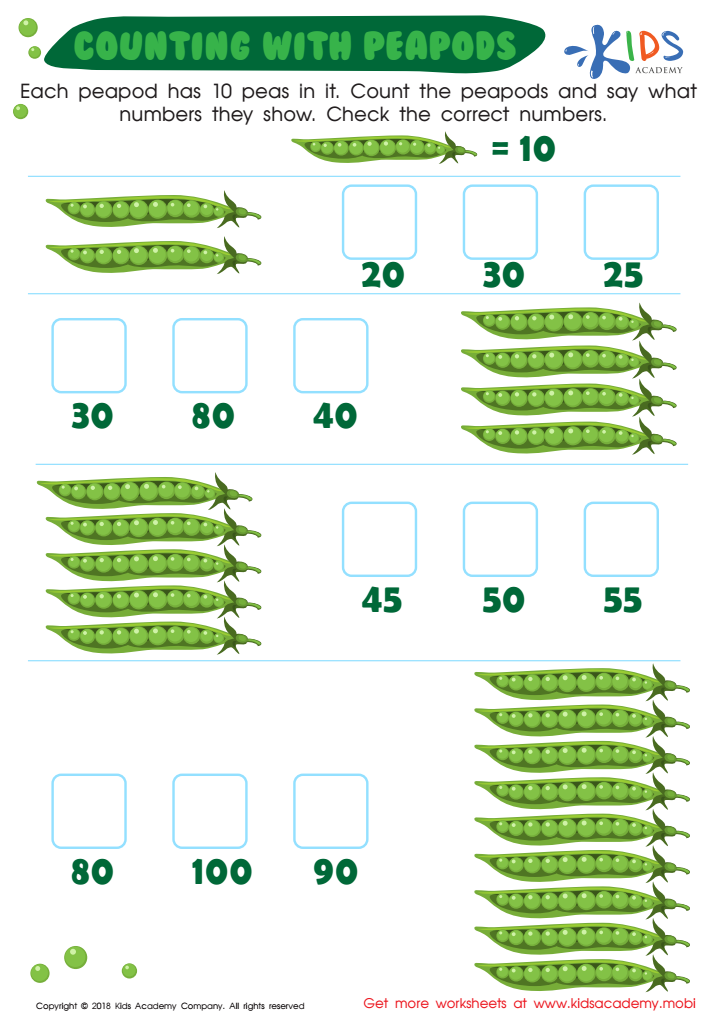

Number Worksheet: Counting With Peapods
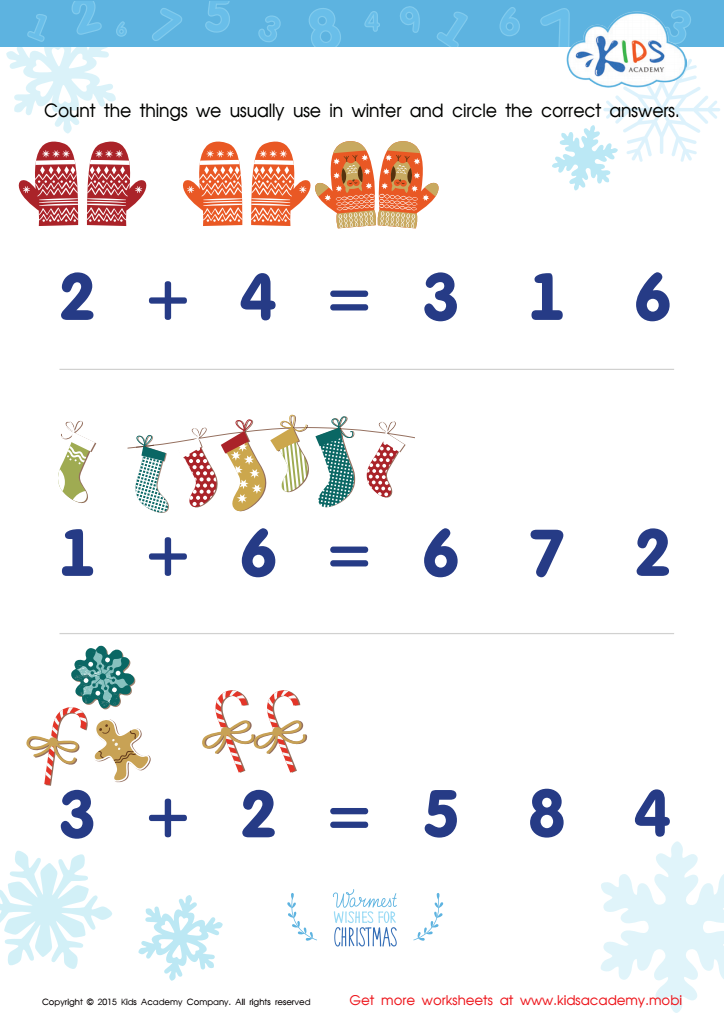

Count Winter Things Worksheet
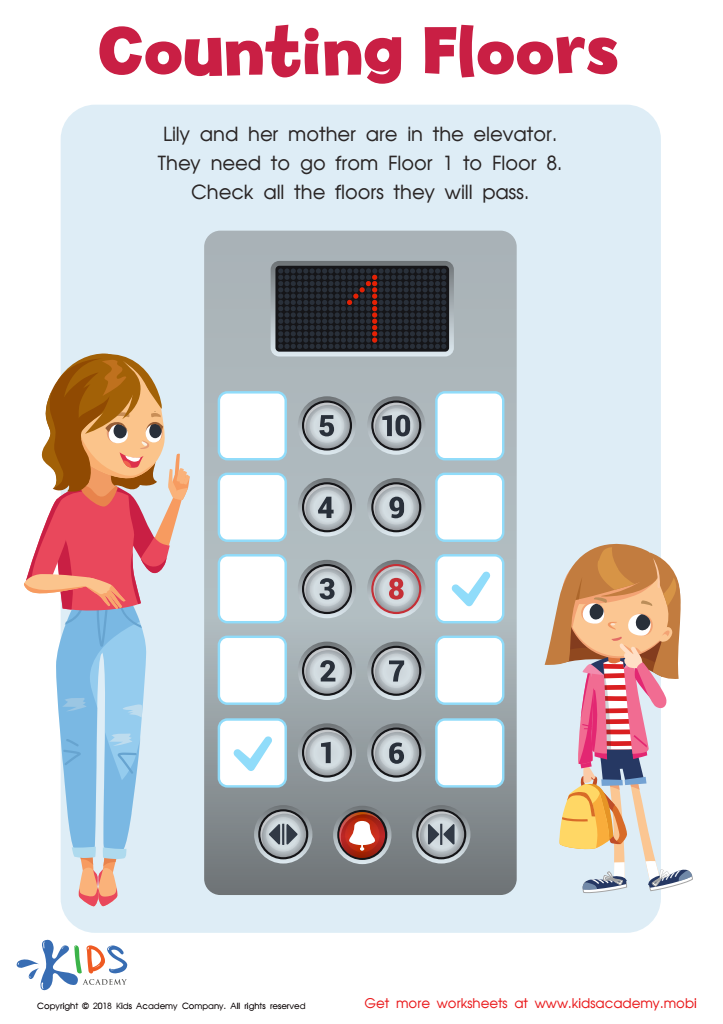

Counting Floors Worksheet
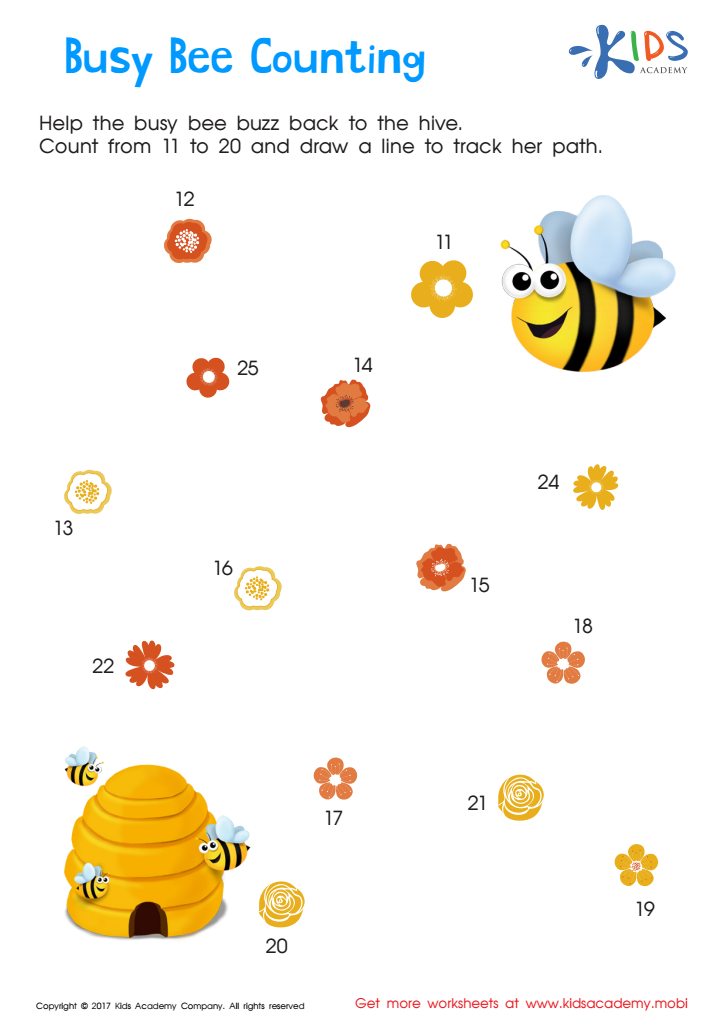

Ordering 11–20: Busy Bee Counting Worksheet
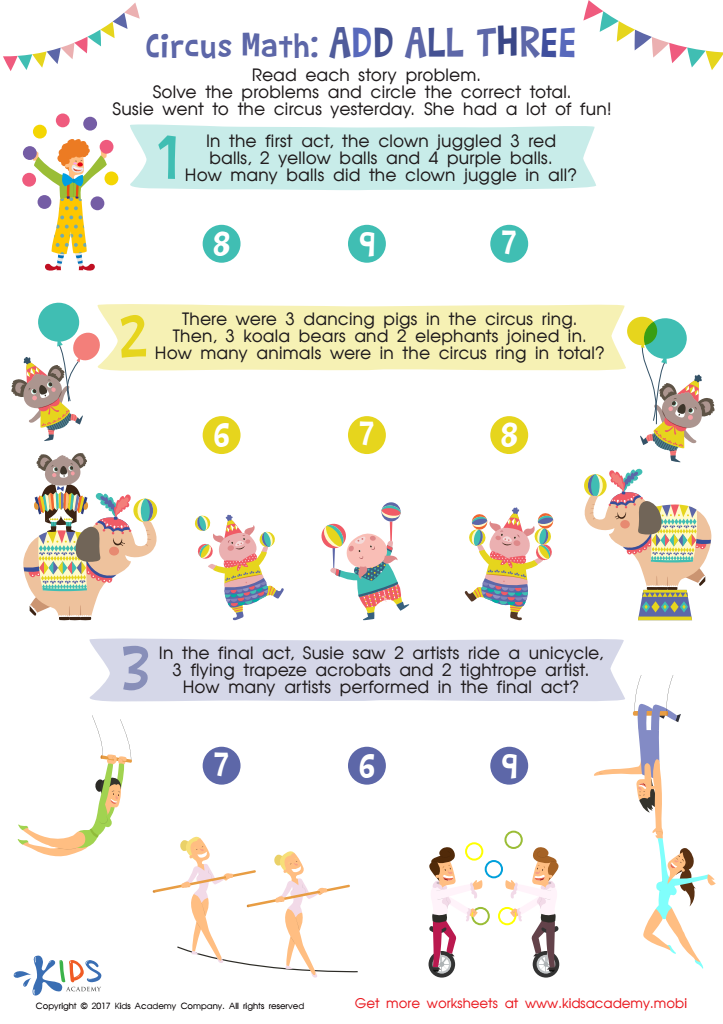

Circus Math Printable


Robot Printable
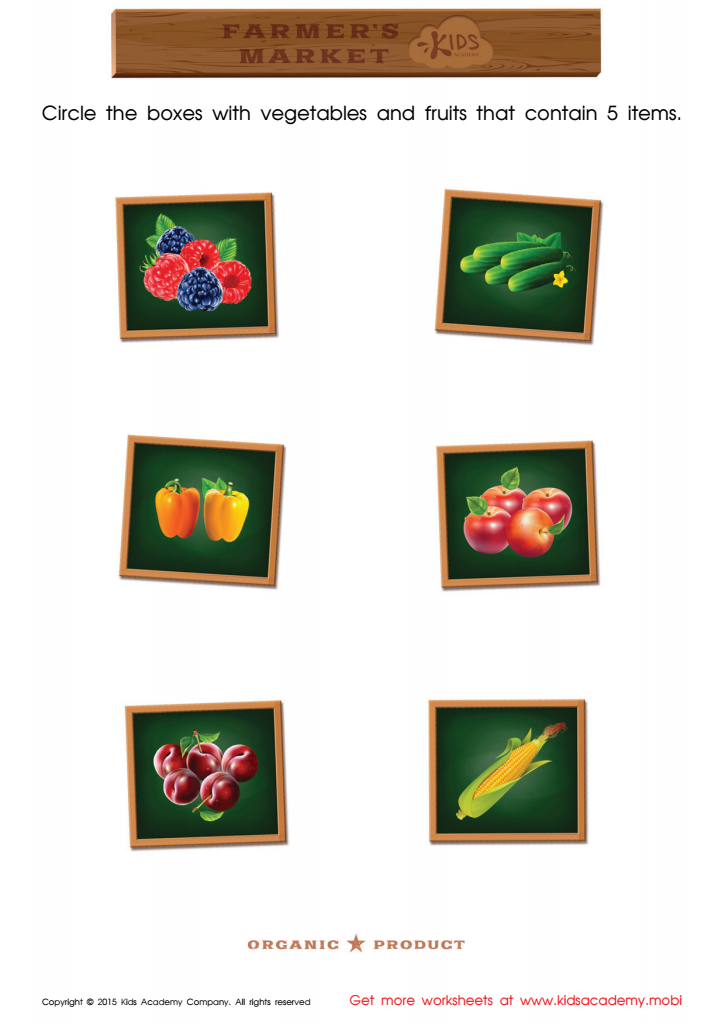

Count and Match Vegetables 1 – 7 Math Worksheet
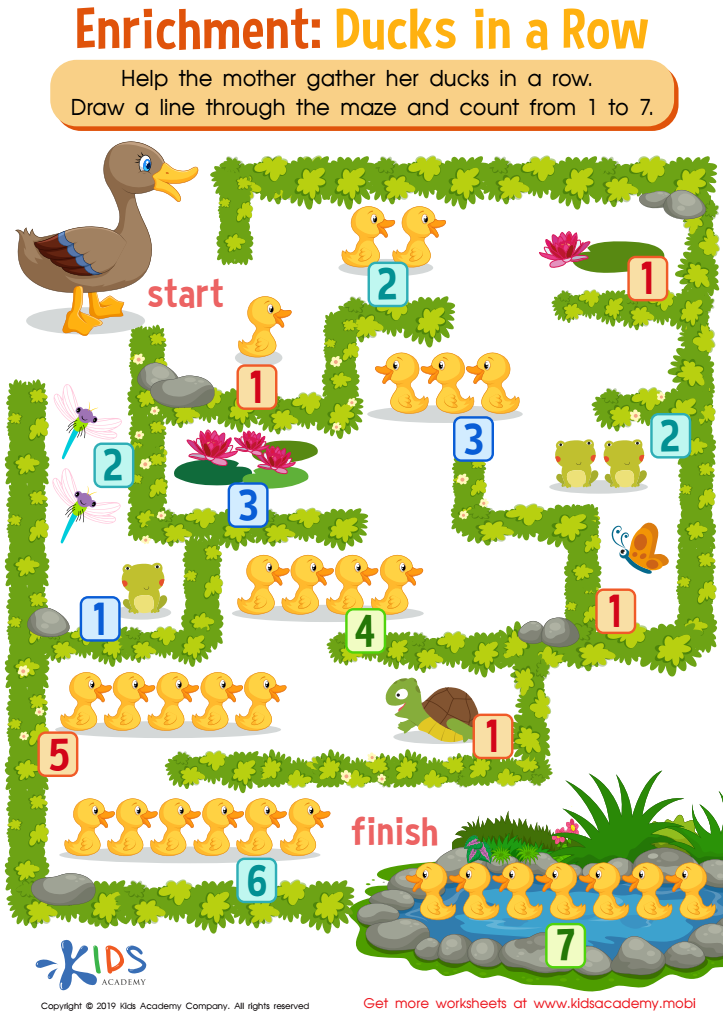

Ducks in a Row Worksheet
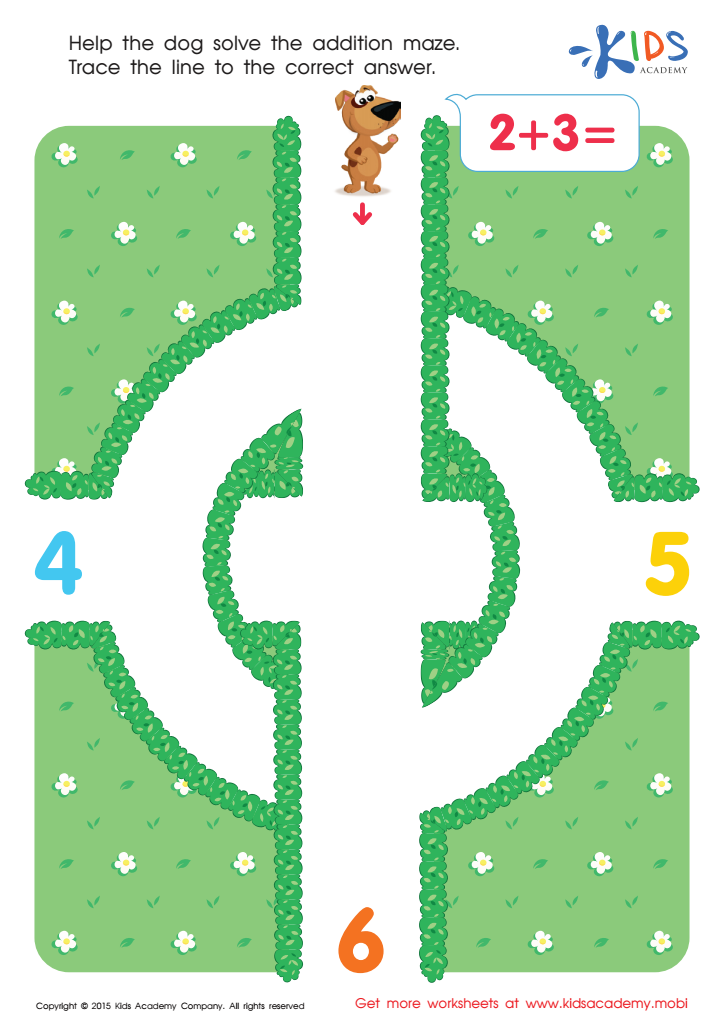

Two And Three Addition Worksheet
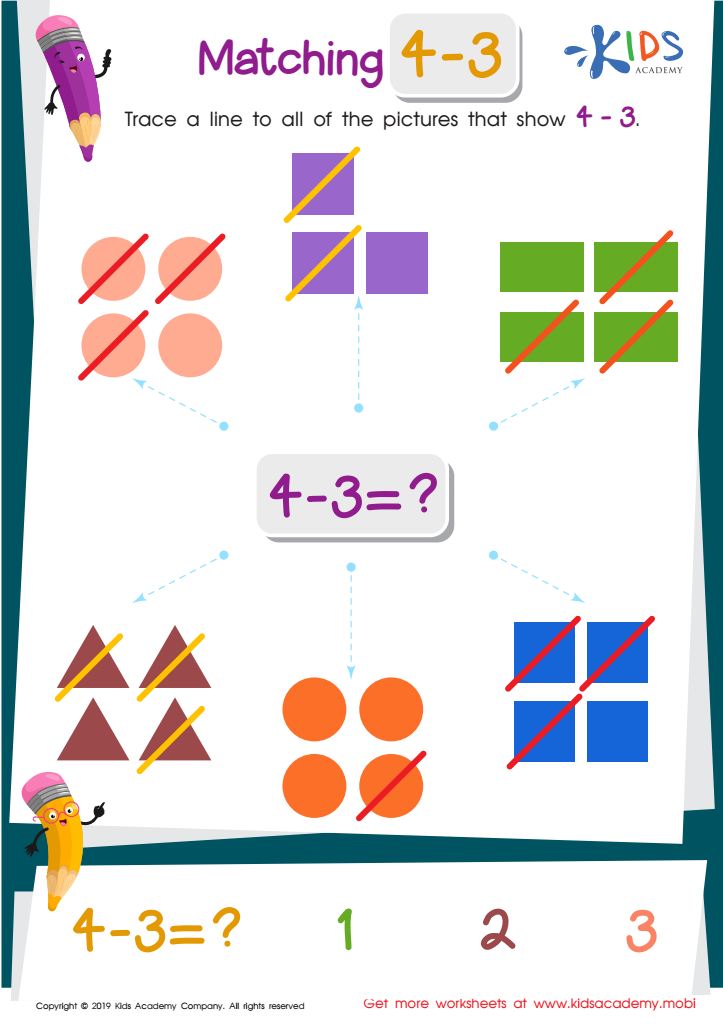

Matching 4 – 3 Worksheet
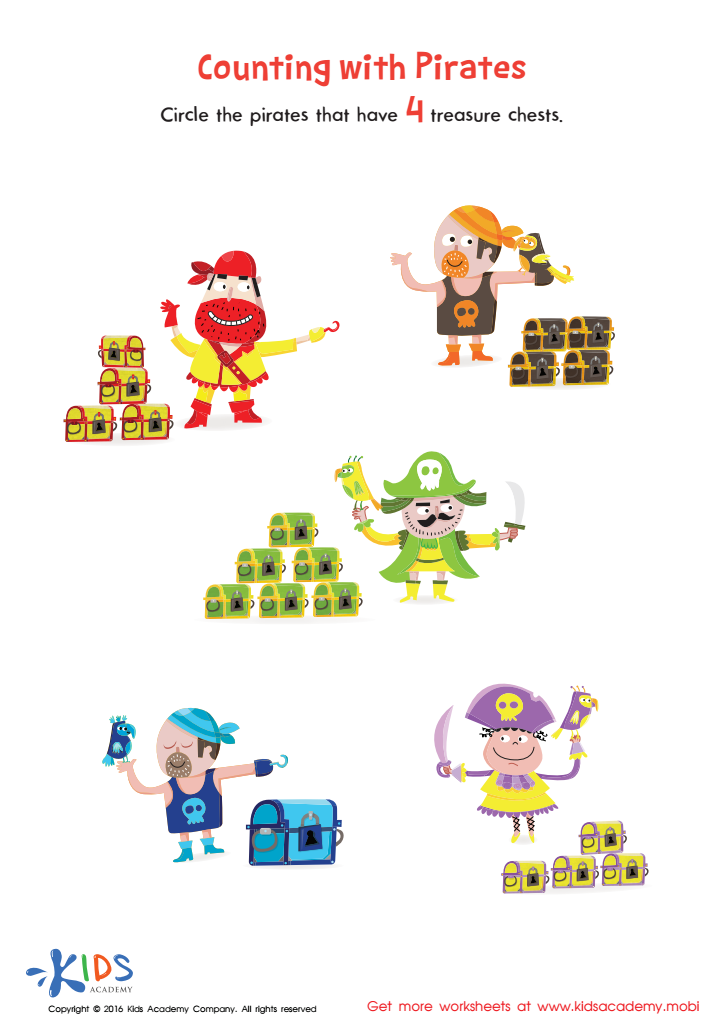

Counting With Pirates Worksheet
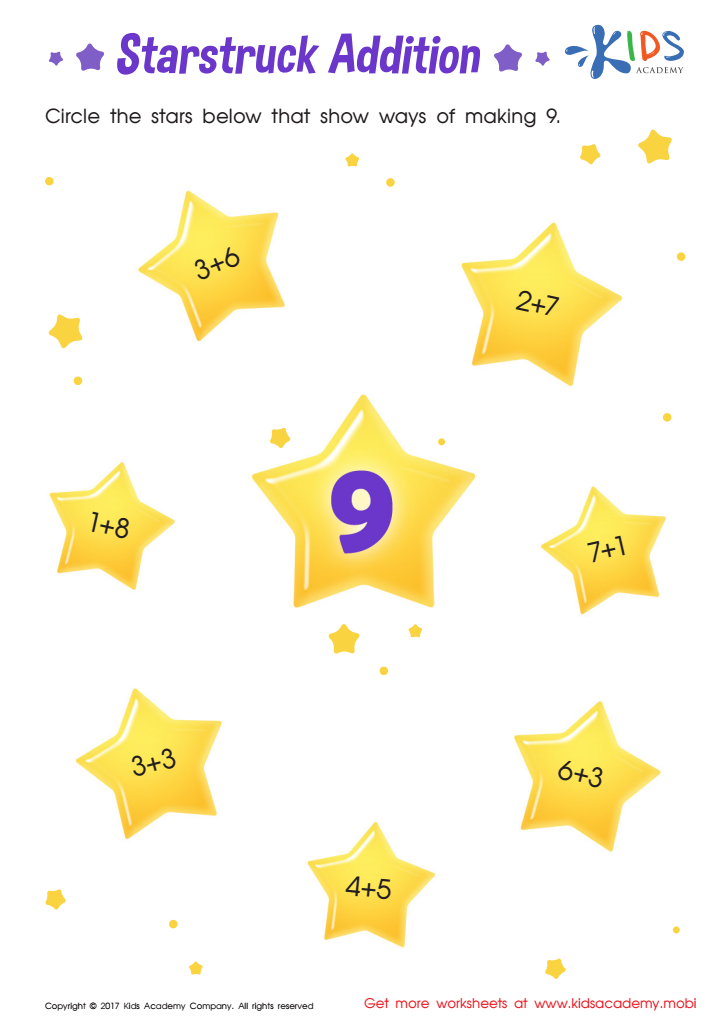

Starstruck Addition Printable
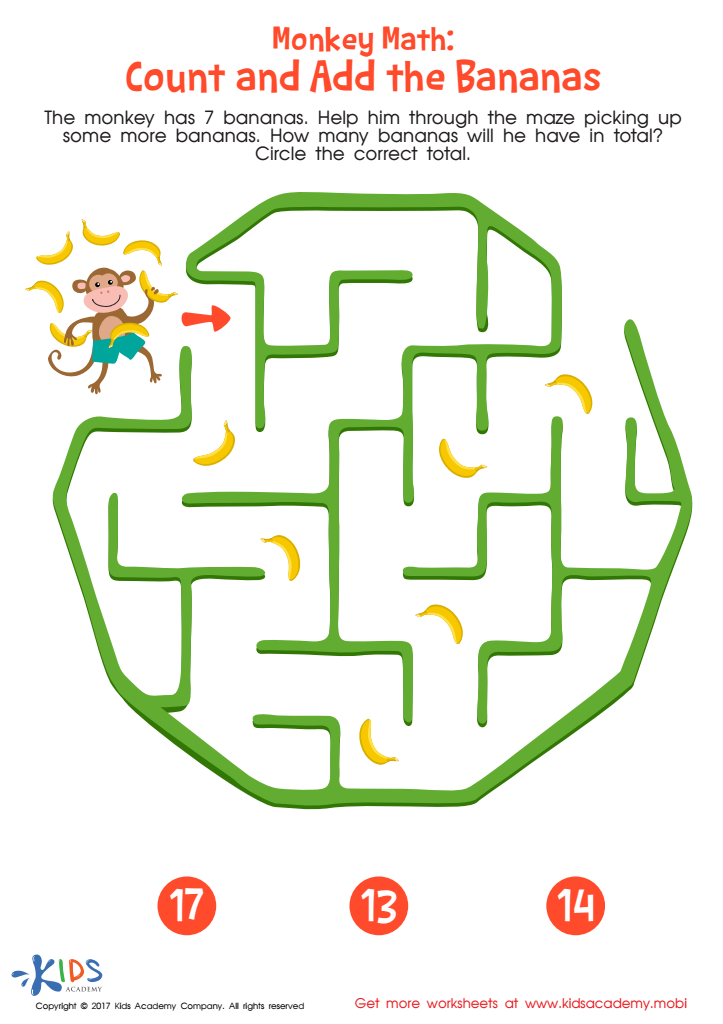

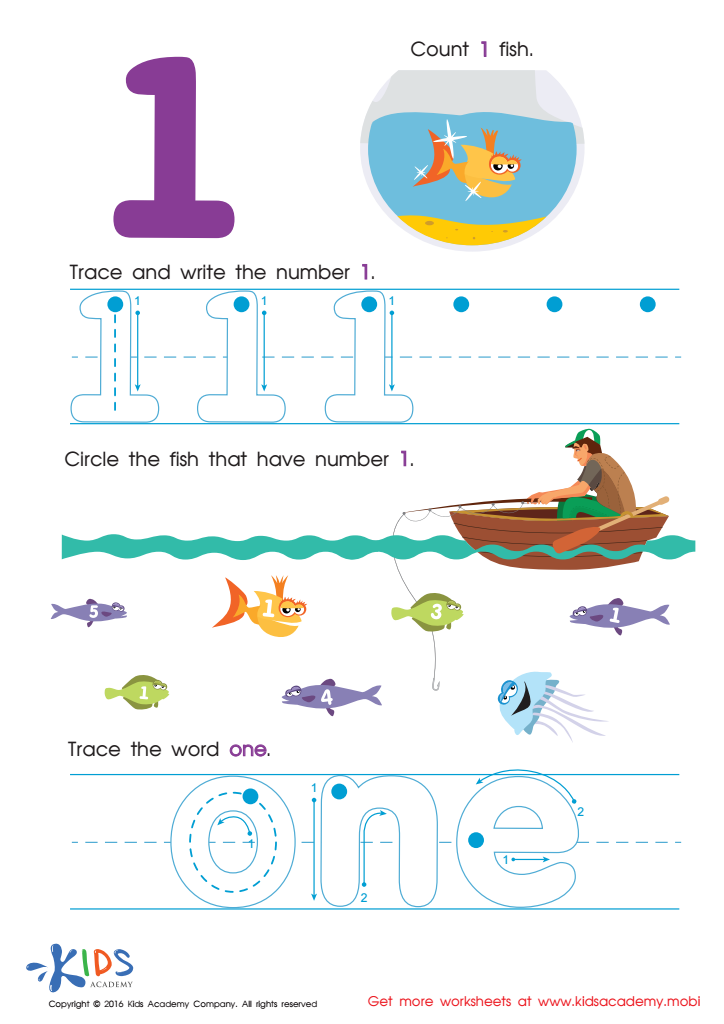

Learning to Write 1 Worksheet
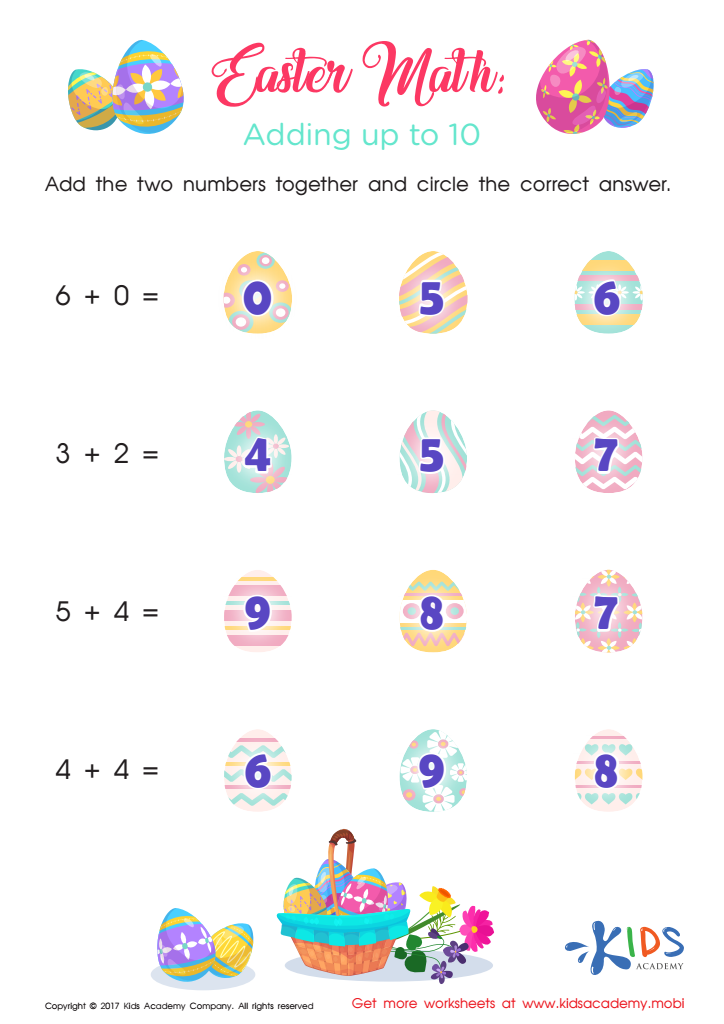

Addition Up To 10 Worksheet
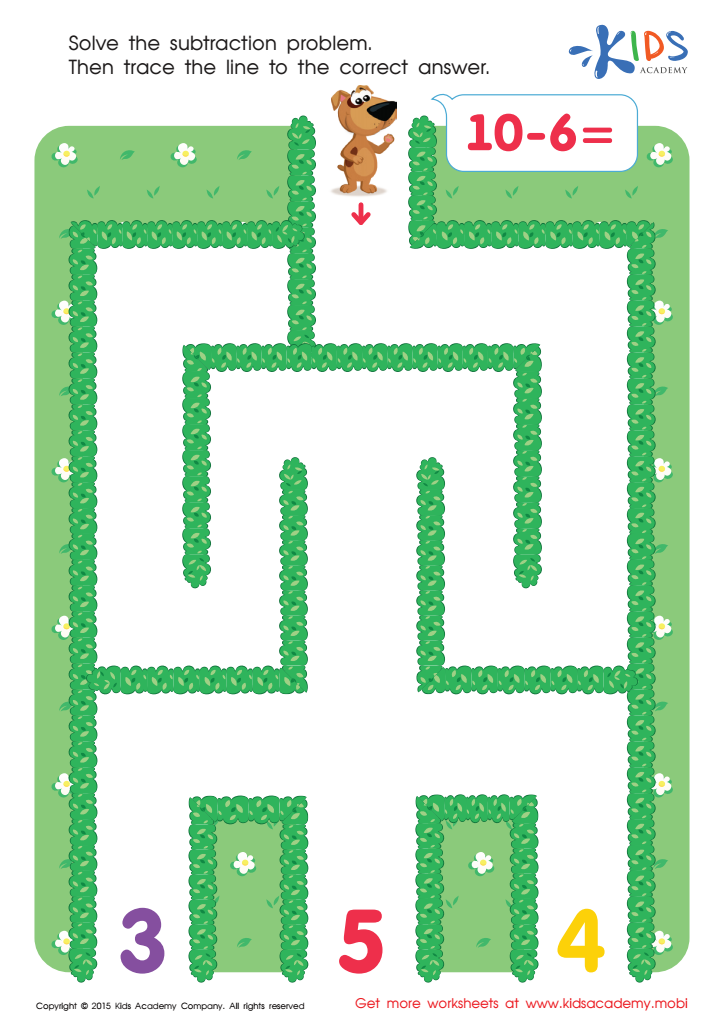

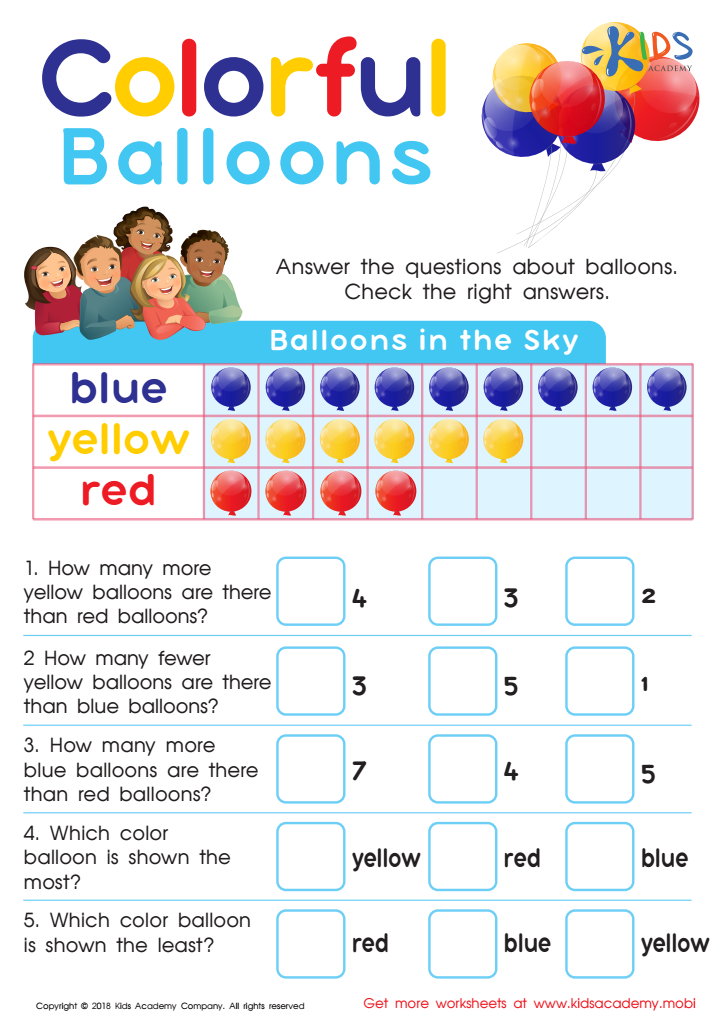

Picture Graphs: Colorful Balloons Worksheet
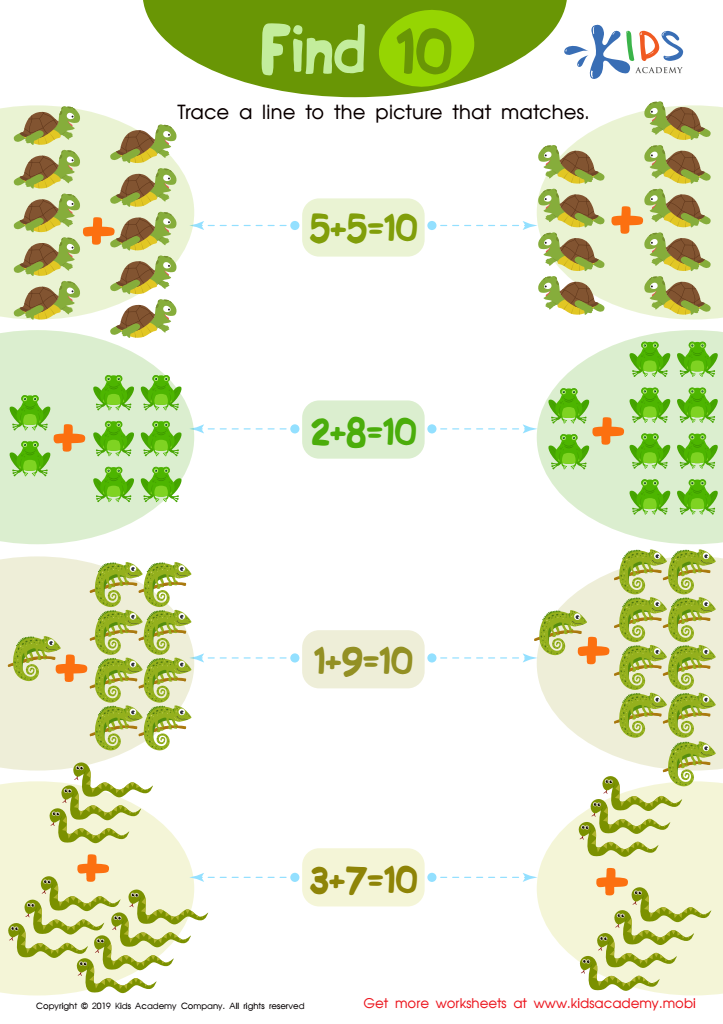

Find 10 Worksheet
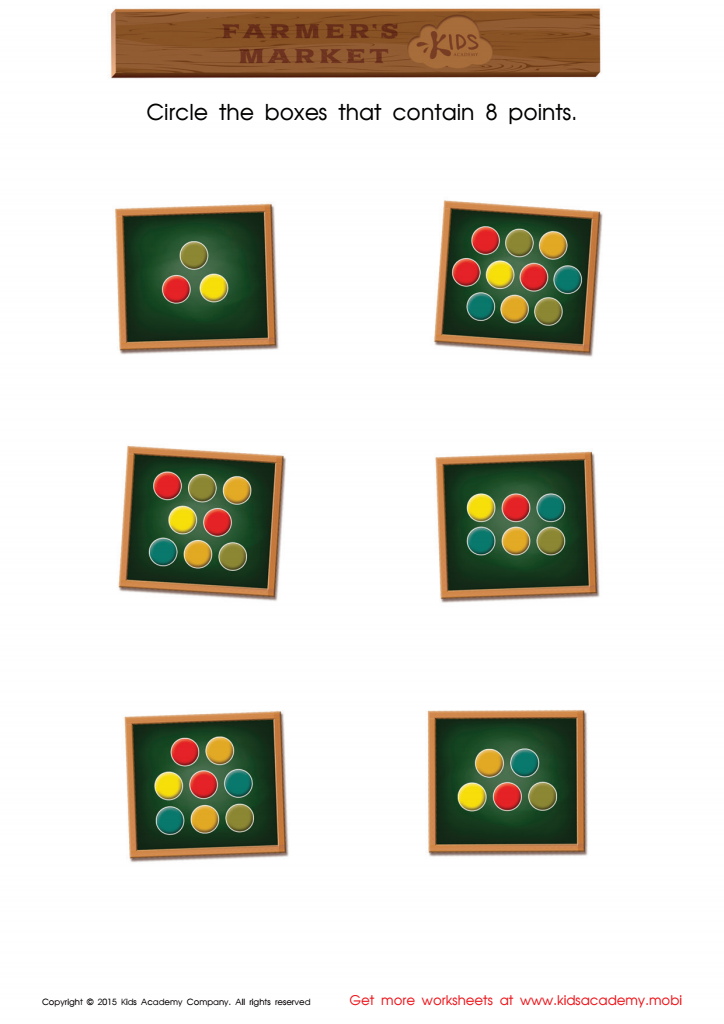

Count and Match Points 8 Math Worksheet
Parents and teachers should prioritize Number Recognition Extra Challenge for children aged 4-7 because it lays a foundational stone for their future math skills and overall academic success. At this stage, children are highly receptive and learning abounds in everyday explorations. Enhancing number recognition goes beyond just identifying numbers; it facilitates an understanding of values, counting sequences, and basic quantitative comparisons.
Recognizing numbers accurately helps children grasp more complex mathematical concepts such as addition, subtraction, and even place value as they progress in their education. For example, distinguishing between the digits "6" and "9" is crucial before attempting mathematical operations involving these numbers. Furthermore, early proficiency in number recognition bolsters a child's confidence and fosters a positive attitude towards learning math, thereby diminishing the risk of math anxiety in later years.
Number Recognition Extra Challenges, such as identifying numbers out of sequence or recognizing numbers in various contexts (like on dice, clocks, or in word problems), could significantly enrich a child's cognitive development. It enhances critical thinking by requiring children to observe closely, differentiate, categorize, and make connections between schemas.
Additionally, making learning fun and interactive at an early age, via games and activities, promotes an engaging learning environment. This involvement umbrellas essential cognitive, motor, and social skills delightfully, paving the way for sustained academic achievement and a positive, lifelong relationship with mathematics.
 Assign to My Students
Assign to My Students

